The Change Journey
Remember, you’re not in this alone, there is support available to help you on your journey.
Thinking About Change
This page is for people who are thinking about changing their behaviour because they're worried about hurting or scaring someone close to them. You may be supporting a friend or family/whānau member to get help. It takes courage to be here, and we're here to support you to find the right way for you.

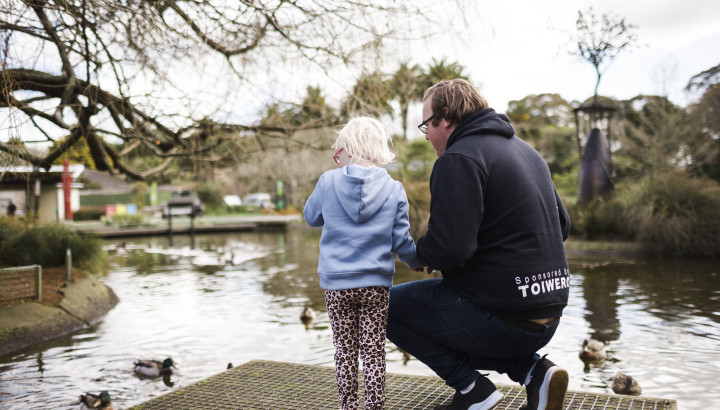
-
Relationships can be challenging for us all. At times we can act in ways that frighten and hurt others. This can harm our relationships and could result in abusive behaviours and family violence.
Family violence can be a range of behaviours that affect everyone in the family and wider whānau. It can take the form of physical, sexual, emotional or psychological abuse (including making threats, name-calling, controlling who you see or money spent, put downs, hitting, imposing and unwanted sexual contact). It can be a one-off situation or a pattern of abusive actions towards a family/whānau member that causes fear and harm.
Intimate partner violence is a form of family violence and is defined as abuse or aggression that occurs in a romantic relationship. The term ‘intimate partner’ refers to both current and former partners. While it’s normal to disagree and argue in a relationship, it’s not ok to make your partner feel scared for their safety or intimidated into doing things they don’t want to or to limit your partner’s freedom in any way to make their own choices.
-
Let’s look at some of the harmful behaviours that can take place within family violence. By learning about these behaviours, we can focus on what is needed to address and deal with them. It might feel confronting, so take your time, and if you feel like you need to talk to anyone about this you can reach out to us on our live chat or on our support line 0800 456 450.
There are different types of abuse in relationships. Sometimes we know what we’re doing is not ok and at other times we do these behaviours without understanding the impact on people we care about.
Coercion and threatsEmotional abuseDenying, minimising or blamingEconomic or financial abusePhysical abusePrivilegeSexual abuseIntimidationIsolationUsing children/tamarikiUsing internalised homophobia, biphobia or transphobia -
We invite you to take a look at these videos to see how harmful behaviours impact on others.
{{ duration }}Is my behaviour taking me closer to, or further away, from family wellbeing?
Play Video{{ duration }}What are you bringing home with you?
Play VideoHarmful behaviours can have immediate as well as long term impacts on both us, and the people closest to us. Here are some examples of how you and others might experience these behaviours.
-
It takes courage to try something new and change your behaviour, but it is possible. Many people have changed their behaviours and now live violence-free.
We invite you to watch these short videos and reflect on how you would like your life to be.
{{ duration }}Are you a tāne with a family, or are you a whānau man?
Play Video{{ duration }}How important is whānau, family safety to you?
Play VideoYou might be concerned about how some people who are used to the old you will react when you start making changes. They may prefer you not to change and will try to stop you from changing or blame other people or things like drugs and alcohol for your behaviour. Seeking help and making change could be one of the most important things you do for yourself and your loved ones.
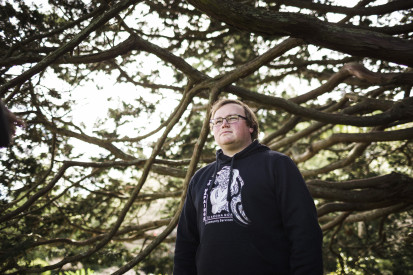 Think about what you would gain from changing your behaviour, and read the list below to see if any of these would apply to you:
Think about what you would gain from changing your behaviour, and read the list below to see if any of these would apply to you:- Feel better about yourself
- Be closer to people you care about
- Have a family/whānau that feels safe
- Have more fun with children/tamariki and grandchildren/mokopuna and help them grow up to be the great people you want them to be
- Have self-control rather than trying to control others
- Respect love, not fear
- Breaking family/whānau patterns of abusive/violent behaviour.
What has this behaviour cost you so far? What happens if you chose not to change and stay the same?
If you want to make changes, be in control of yourself, have the love and trust of people close to you then it's time to take the steps to be violence-free.
-
When we want to make a change in our lives it can be useful to think about what we need to help us make this change successfully.
We invite you to watch this short video and reflect on what kinds of things influence your behaviour, and what you might need to bring about the changes you want.
{{ duration }}What's your story?
Play VideoContributing factors
Some of the things we describe below may be contributing factors or prevent you from making the changes you want in your life. Others may not be relevant to your situation. This doesn't mean they are the cause of the harmful behaviours you're worried about, but understanding more about these things may support you in your journey towards change.
Trauma and intergenerational violenceGenderAlcohol and other drugsMental healthColonisationPhysical abuseBasic needs -
We experience a wide range of emotions every day, and our emotions often guide the choices we make. There are lots of ways to describe how we're feeling.
We invite you to watch these short videos and explore how your own thoughts and emotions might be affecting your relationships.
{{ duration }}Men don’t have emotions, yeah right!
Play Video{{ duration }}The land of emotions
Play VideoWhat makes us feel the way we do?
There are things that happen within us (internal) and things that happen around us (external) that can have an impact on our emotions. Some people notice more from one category than the other. Here are some examples of what those can look like:
Internal
- Thoughts
- Physical sensations
- Urges
- Images, memories
- Beliefs
- Learned experiences
External
- What I see around me
- Different smells
- Sounds around me
- People around me
- The environment around me
What is the difference between anger and violence?
Anger - internal
- Is an emotion
- Something you feel
- It's normal to feel anger
- What you do with anger is what matters
- We can learn to recognise the triggers and how to be in control
Violence - external
- Is a behaviour
- Something you do
- It's not ok to use violence, it's a choice to use violence
- Hurts you and your relationships and makes people scared
- We are responsible for our behaviour
-
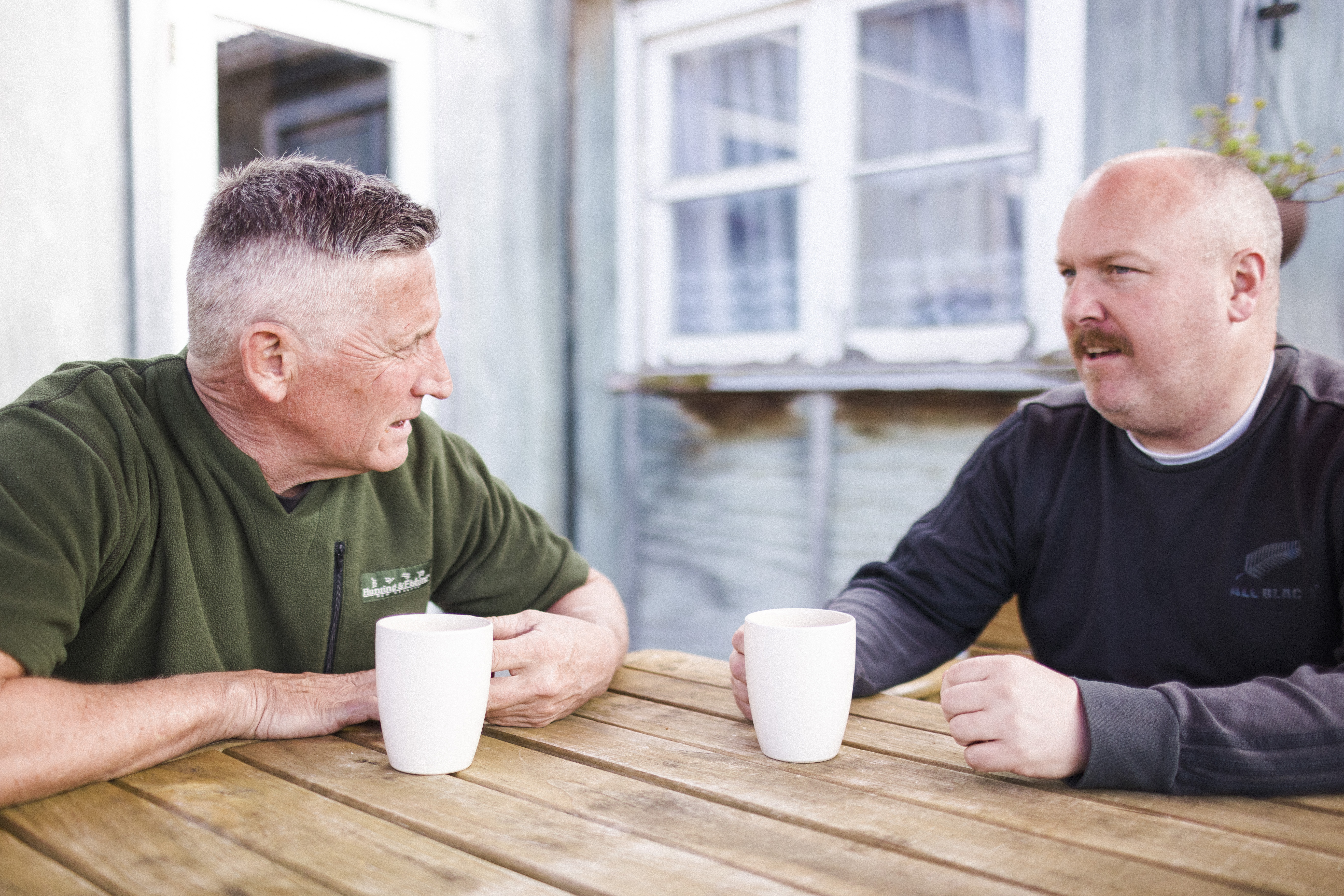
Expectations from others
From when we're young we're told how we should experience emotions depending on which groups we identify with.
For example:
- Women can be told to be quiet, polite and do what men say
- Men can be told to be tough, don't show emotions, be in charge, strong and don't ask for help
Sometimes we don't let ourselves experience certain emotions because it doesn't fit within the 'box' we're told we should be in. It can be confusing and hard to figure out how to share what we're feeling when we aren't sure how people will respond to us.
How others respond to our emotions
Other people can also influence/teach us how we manage our emotions with the way they respond.
- The distractor - helps you to think about/do something else
- The listening ear - listens and lets you vent and talk it through without trying to solve it
- The advice giver - gives advice to solve the problem (make sure it's a positive way to deal with it)
It can be useful when you want to talk to someone to think about what you're wanting to get from the conversation and who might be the right person to offer support. It could be useful to let them know what role you need them to take.
We invite you to watch these short videos about other people and emotions. The first video asks you to consider whether asking for help is something you would be comfortable doing.
The second video is about how you relate to, and form relationships with others in your life.
{{ duration }}Asking for help takes courage
Play Video{{ duration }}Respectful relating
Play Video -
We all face challenges and situations in life that can cause us to have strong feelings and emotions.
What can be useful is to have some tools up our sleeve to manage these situations, without resorting to harmful thoughts and behaviours.
We now invite you to watch these short videos and consider whether some of these tools may benefit you when thinking about change.
{{ duration }}Distancing from strong feelings
Play Video{{ duration }}Time out
Play VideoStrategies to feel better
Pushing down, trying to ignore, or bottling up emotions often doesn't end well. There are other ways we can release our emotions so that we feel better and those around us are safe. Here are some suggestions to try out:
Whakakī - Things that fill your cup
- Play a game with the kids
- Take the dog for a walk
- Listen to music
- Make art
- Practice hobbies
- Spend time with mates who support your change journey
Whakawatea - Ways to release strong emotions
- Go for a run
- Work out
- Play basketball
- Write it down
- Time out/walk away/go to your safe place
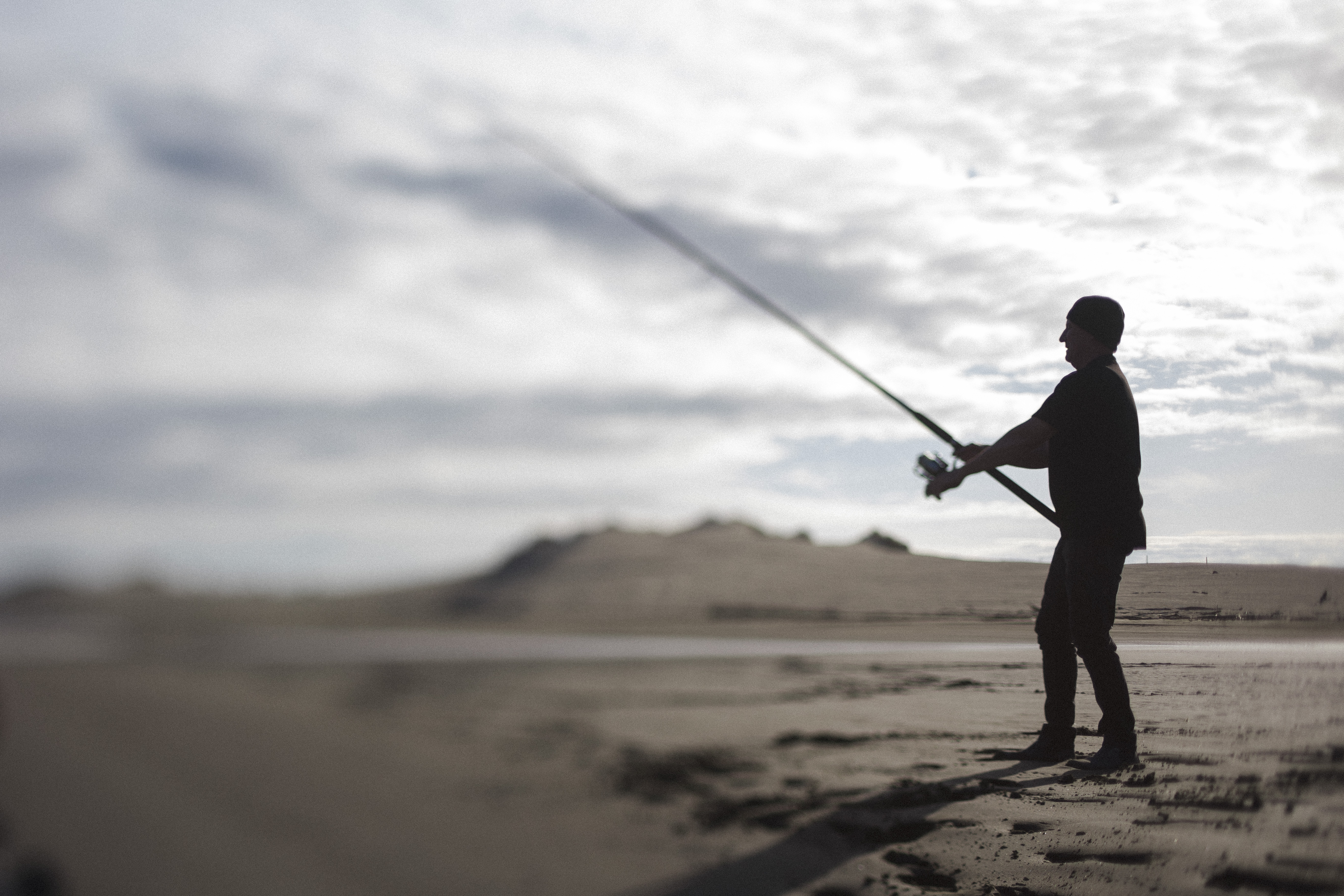
-
Often we're so busy or caught up in the moment that we aren't in touch with how we're feeling, and we can do things on auto pilot without thinking things through. Practising being present (sometimes called mindfulness) can help with emotions like stress, as well as to improve symptoms of anxiety or depression.
We invite you to watch and participate in this short video to practise being present and notice how you’re feeling right now.
{{ duration }}5 minutes to regain clarity and confidence
Play VideoHow to be more present
- Slow down and bring your full attention to what you’re doing
- Breathe slowly and calmly while paying careful attention to each breath
- Do one thing at a time
- Take time to appreciate the small things – look at the stars, stroll on a beach, stroke a pet
- Write a journal or draw a picture, paying full attention as you do
- Develop a daily habit to be present with
- Download a mindfulness app to help you practise
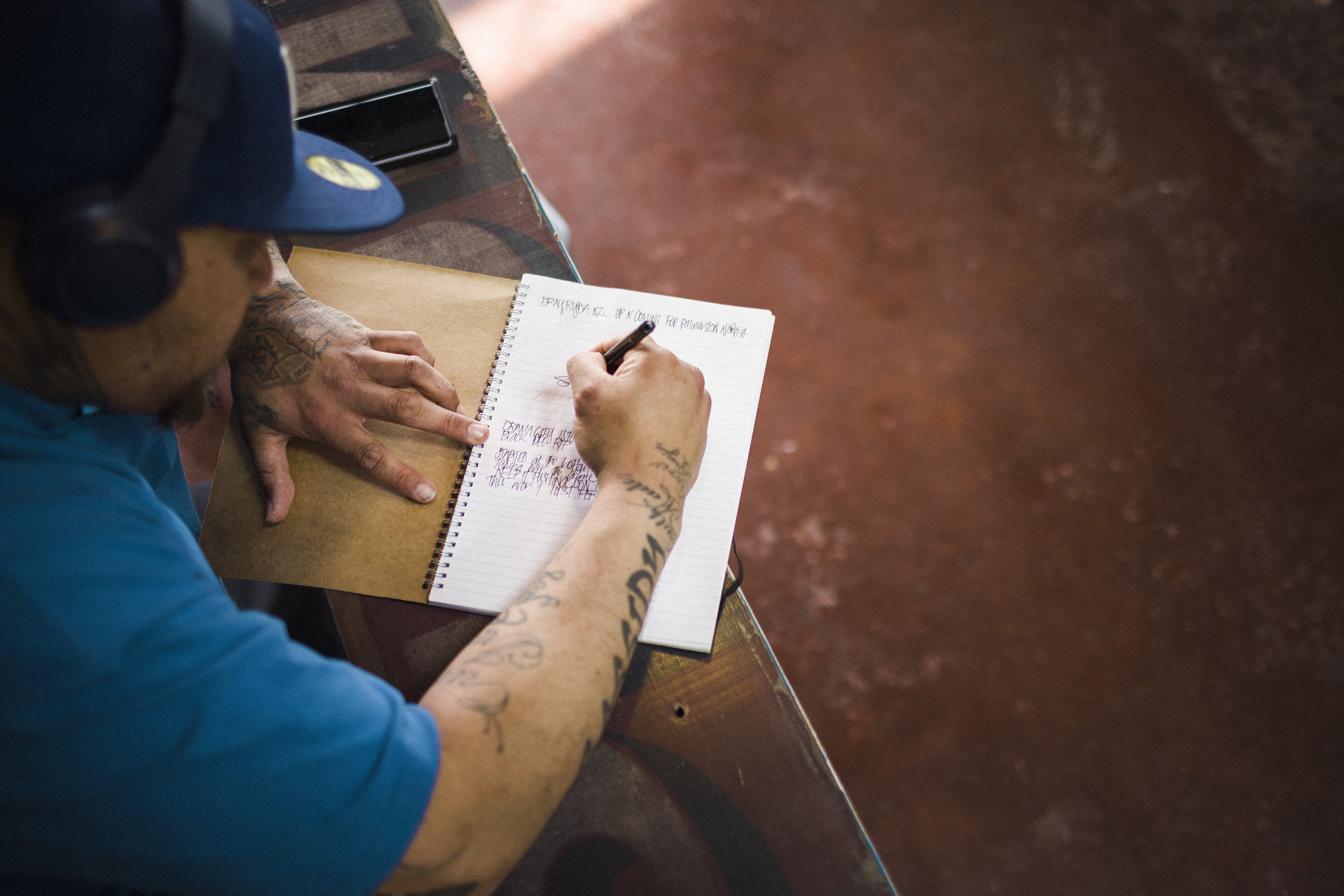
Looking for help for someone else?
Go to supporters pageNeed help not sure where to find it?
Use the Service Finder tool below to find the right support for you.